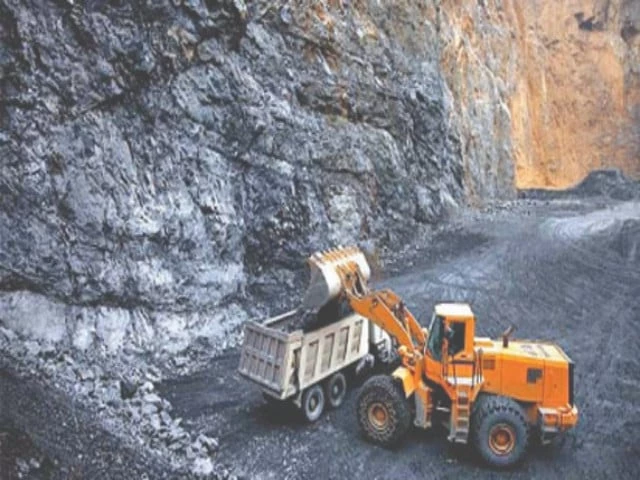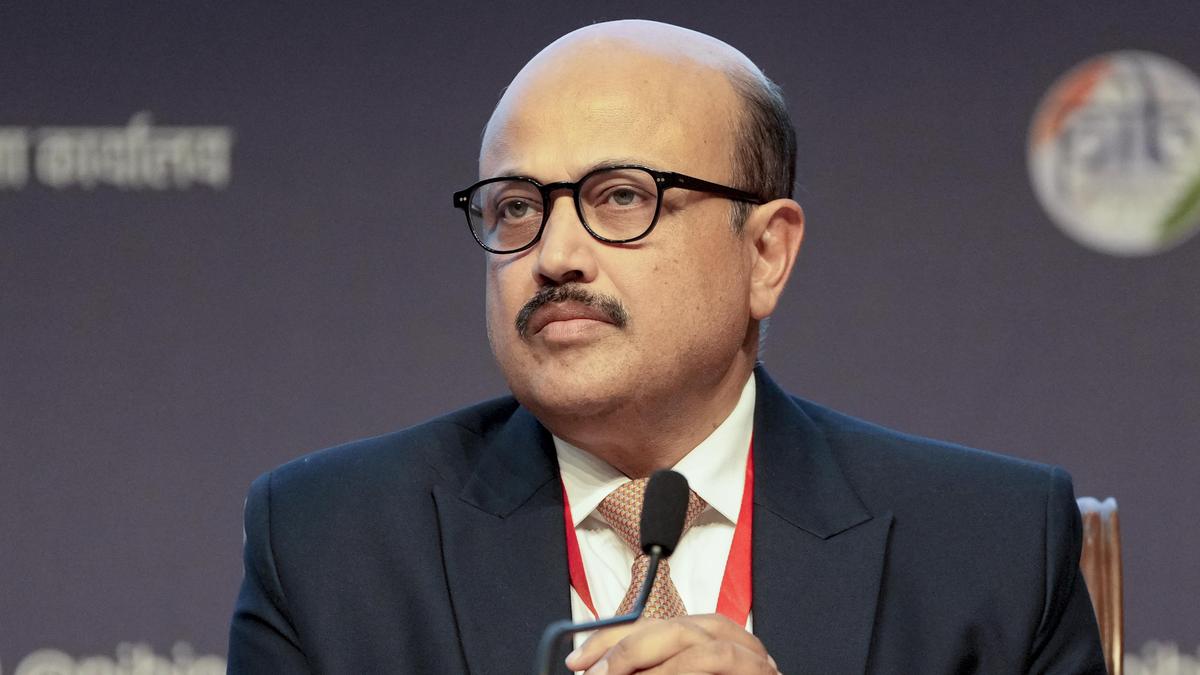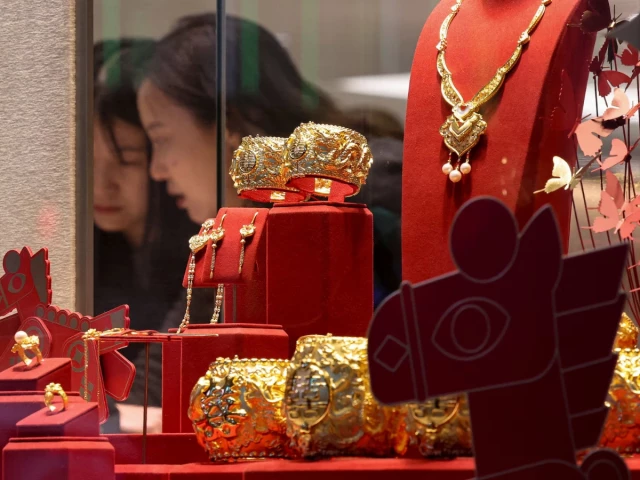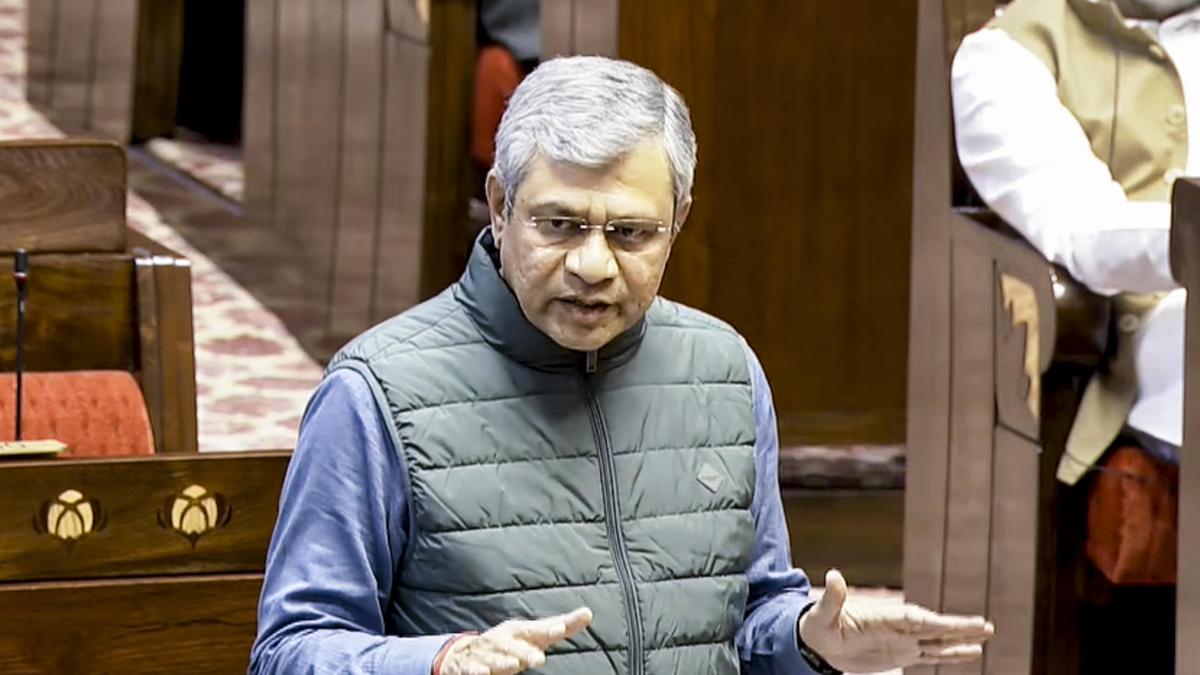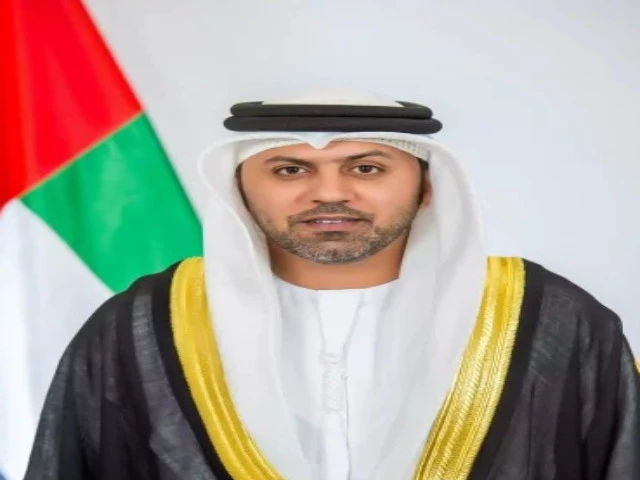ISLAMABAD:
Pakistan is playing its trump card in a potential minerals deal with the United States. The administration of US President Donald Trump has shown keen interest in two critical areas – digital currency and minerals – and this is where Pakistan is working with them.
On the other hand, China – the world’s second-largest economy and a major rival of the US in both economic and political spheres – has been developing since long the Saindak copper and gold mining project. However, it is not known how much success has been achieved. A few months ago, Pakistan hosted a minerals conference, drawing participation from several countries and inviting investment in potential projects. Beijing and Washington both are keen to exploit the untapped mineral resources of Pakistan but so far, the US has been more active in a bid to clinch lucrative deals. Pakistan’s government believes that the country has minerals potential worth $8 trillion.
Earlier, the US signed a deal with Ukraine for a share in rare earths and other minerals, where it demanded a $500 billion slice of minerals in exchange for aid.
Later, it revised the agreement, saying that future American military assistance to Ukraine would be linked to US investment in a joint reconstruction fund that would pour money into Kyiv’s natural resources.
Experts believe that in the case of Pakistan too, the US will ask for a big share in copper and gold mining projects. Critics, however, argue that mineral-rich nations have not benefitted much; rather the companies extracting minerals have reaped massive dividends.
The government is looking for partners in the Reko Diq copper and gold project in Chagai, Balochistan, where, according to officials, the US administration seems least interested but Saudi Arabia is eager to join hands.
The government has awarded another mining area on the Reko Diq belt to the Chinese company that was already working in Saindak. In this backdrop, the government should be weighing proposals from both Washington and Beijing.
Experts are of the view that Pakistan would have to deal side by side with these countries for extracting its vast mineral deposits that could spark an economic turnaround. It has recently received a $5 billion offer for the multibillion-dollar Reko Diq project.
Funding commitments have been received from foreign donors and the amount is more than the investment required for Reko Diq, which is estimated at $3 billion. The donors include the Asian Development Bank, Islamic Development Bank, International Finance Corporation and US Exim Bank. Development agencies from Germany and Denmark have also come up with financing proposals.
While financing offers are trickling in, the government should execute other projects as well, in addition to Reko Diq, to tap the full potential of copper and gold reserves in the country.
Pakistan is blessed with abundant mineral resources that hold immense potential to fuel economic growth and industrial development. The vast reserves of coal, copper, gold, iron ore, chromite and precious stones provide a solid foundation for the mining sector to thrive and contribute to rapid economic progress.
Despite its huge potential, the mineral sector currently contributes around 3.2% to the gross domestic product (GDP), with exports accounting for a meagre 0.1% of the world’s total. However, with increasing exploration, foreign investment and infrastructure improvement, the mining industry is poised for significant expansion.
Pakistan’s mineral-rich landscape covers an outcrop area of approximately 600,000 square kilometres. With 92 known minerals, 52 of which are commercially exploited, Pakistan produces an estimated 68.52 million metric tons of minerals annually. The sector supports over 5,000 operational mines and 50,000 small and medium enterprises (SMEs), providing direct employment to 300,000 workers.
Some of the country’s most notable mineral reserves include the world’s second-largest salt mines, the fifth-largest copper and gold deposits and significant coal reserves. Furthermore, Pakistan possesses vast quantities of bauxite, gypsum and precious stones such as ruby, topaz and emerald, which can help gain considerable foothold in overseas markets.
The government needs funds, technology and expertise of foreign companies to exploit the minerals. The time is ripe for engaging in meaningful negotiations with China, the US and other countries to extract gold and copper that may change Pakistan’s destiny.
The writer is a staff correspondent


